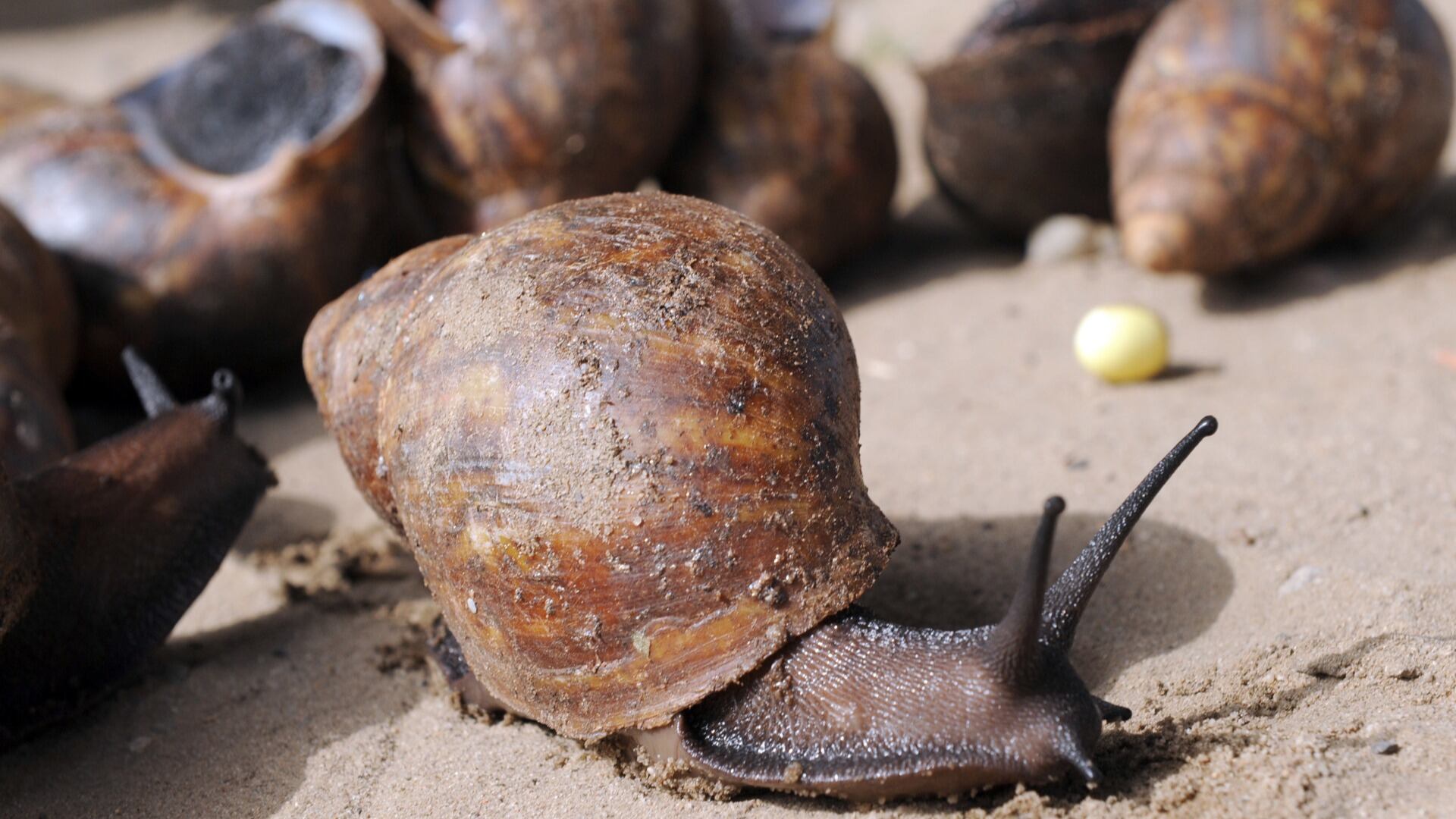The Centers for Disease Control and Prevention (CDC) on Monday warned that a deadly fungus called Candida auris (C. auris) is spreading at an "alarming rate" in the U.S. healthcare facilities.
“The rapid rise and geographic spread of cases is concerning and emphasizes the need for continued surveillance, expanded lab capacity, quicker diagnostic tests, and adherence to proven infection prevention and control,” said CDC epidemiologist Dr. Meghan Lyman, lead author of the paper, in a press release.
Adding to the agency's concerns, the number of infections that were resistant to echinocandins, which is the antifungal medicine most commonly used to treat C. auris infections, tripled in 2021.
The CDC classified C. auris as an "urgent antimicrobial resistance (AR) threat," meaning "it is often resistant to multiple antifungal drugs, spreads easily in healthcare facilities, and can cause severe infections with high death rates."
Between 2016, when C. auris was first reported, and 2021, there have been a total of 3,270 clinical cases reported and 7,413 screening cases.
The agency said "poor general infection prevention and control (IPC) practices in healthcare facilities" are responsible for the spread. However, expanded efforts to detect cases is also responsible for the jump in reported cases.
A 29-year-old Cincinnati woman was awakened by her Apple Watch, which alerted her about an elevated heart rate, prompting her to head to a doctor who notified her of a blood clot.
Cheddar News checks in with a coast-to-coast forecast of the weather.
A quarantine is in place for a section of Broward county in Florida due to a rise in African land snails, which are harmful to agriculture and can eat their way through about 500 plant species.
Climate change is on trial in Montana. In a landmark case, 16 young people are suing the state over effects like smoke, heat, and drought. It's just the first in a series of cases intended to pressure lawmakers into taking action on the environment. Here with more is Cheddar News Senior Reporter Chloe Aiello.
Be Well: 2-Minute Breathing and Stretching Routine
Be Well: Keeping Your Kids Safe During Summer Sports & Activities
Members of the United Nations adopted the first-ever treaty to protect marine life in the high seas on Monday, with the U.N.'s chief hailing the historic agreement as giving the ocean “a fighting chance.”
A search is underway for a deep-sea vessel that went missing with five people aboard after it dived toward the deteriorating wreck site of the Titanic ocean liner. What we know so far.
U.S. Hit With Record Breaking Heat Waves
It's only June and already scientists are saying it could be the hottest year on record, as the warming effects of El Niño will continue to strengthen into the fall and winter. Here with more is Cheddar News Senior Reporter Chloe Aiello.












